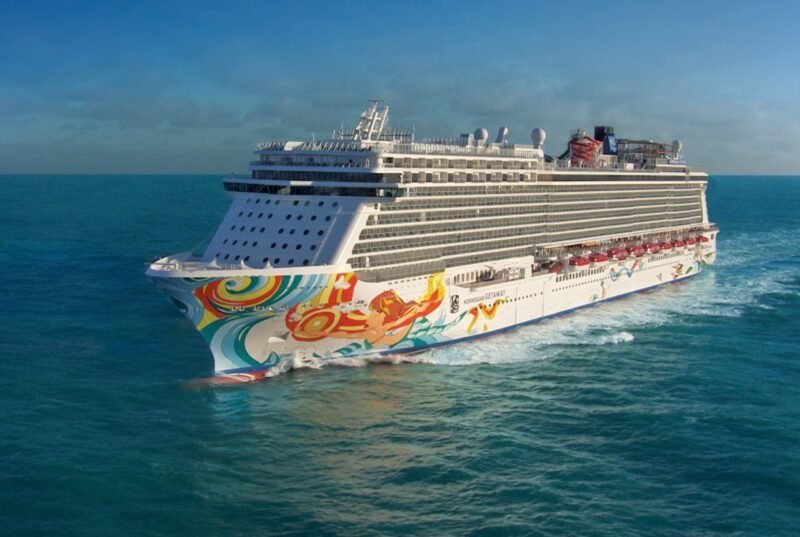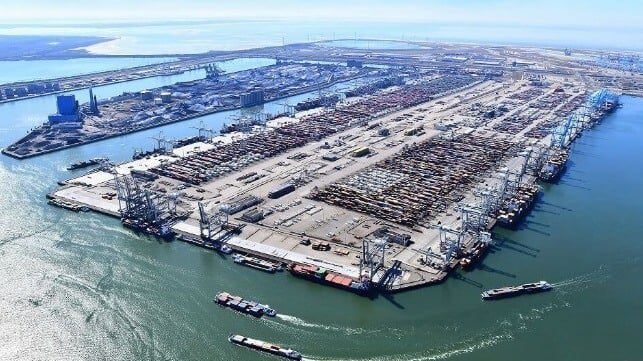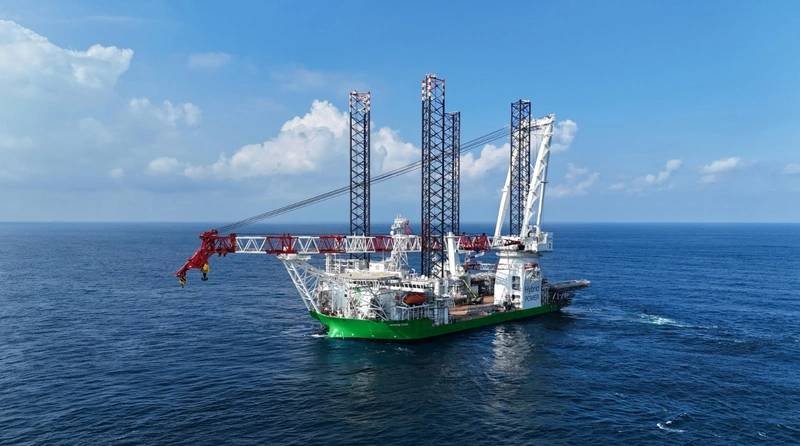ABB and Norwegian Cruise Line Holdings have joined forces in a long-term partnership agreement to enhance the safety, efficiency, and environmental friendliness of NCL’s fleet equipped with the Azipod® propulsion system. The collaboration involves a 10-year fleet service agreement for the Azipod® propulsion, the modernization of propulsion control systems for 11 vessels, and the installation of shore connectivity technology on board four vessels. This initiative aims to support NCL’s climate strategy and propel the decarbonization and digitalization of their fleet, bringing the company closer to a sustainable future.
The Azipod® propulsion service agreement will provide preventive maintenance and rapid turnaround time for scheduled maintenance, while the modernization of the propulsion control system and shore connection installations will enhance the fleet’s efficiency and capability for emission-free operations in port. NCLH’s Executive Vice President, Vessel Operations, Patrik Dahlgren, expressed enthusiasm for the strategic partnership with ABB, emphasizing its alignment with the company’s climate strategy focused on efficiency, innovation, and collaboration. ABB’s Division Manager of Marine & Ports, Juha Koskela, also highlighted the crucial role of their solutions and services in modernizing NCLH’s cruise fleet and contributing to the decarbonization of maritime transport.
NCLH, which operates under three wholly owned subsidiaries, integrates and utilizes ABB technologies across its fleet. Azipod® propulsion has revolutionized maritime transportation over the past three decades, offering significant advancements in performance, efficiency, sustainability, and reliability. The gearless, controllable propulsion system has been credited with saving over a million tons of fuel in the cruise segment alone since its first installation on a cruise ship over 25 years ago.


















